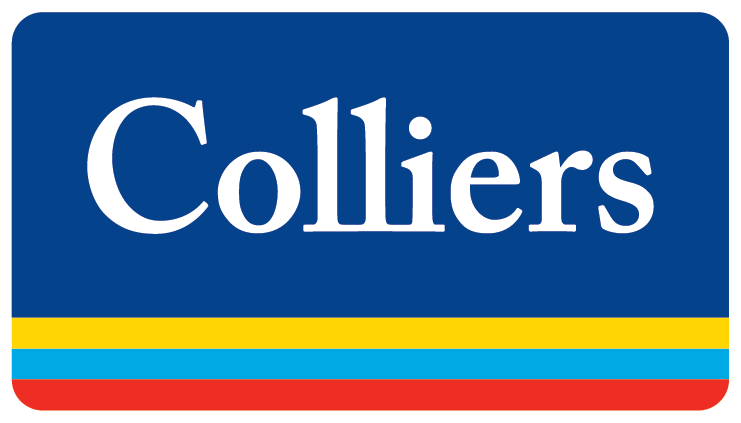Real estate investment in Europe has been impacted by price uncertainty and tightening financial conditions. Despite this backdrop, there are early signs of recovery, with growing investor interest in joint ventures and sale and leaseback transactions, according to Colliers latest EMEA Capital Markets - Snapshot report for the second quarter of 2023.
Confidence in market prices has not yet fully returned to the European region due to persistent inflation in many countries, which has led to further increases in central bank interest rates. Luke Dawson, EMEA global and capital markets director at Colliers, explains: "Trading continues to be affected by valuation differences between buyers and sellers, which are reflected in the bid-ask spread. Many investors are still reluctant to bring large portfolios and assets to market due to limited buyer demand and financial constraints that make it difficult to achieve desired prices. At the moment, the sweet spot for transactions seems to be between 20 and 60 million euros.
Industrial and logistics sector as preferred choice
During the quarter, EMEA (Europe and the Middle East) experienced a generally weak performance, although the industrial and logistics (I&L) sector stood out. Amid the turbulent macroeconomic situation, prices in the I&L sector adjusted rapidly, driving an increase in transactions due to rental growth. Despite this, landlords still show some reluctance to put prime logistics assets on the market in adverse conditions.
Relevant office transactions
Demand, supply and dynamism in the office sector continue to be affected by a similar situation in assets of various typologies and locations. However, despite this situation, there have been some significant transactions. For example, the sale of the global headquarters of hotel giant Accor in Paris to the Valesco Group for 460 million euros was recently completed. The transaction, which was advised by Colliers, was carried out through a 12-year sale and leaseback, which will allow Accor to simplify its balance sheet and operations.
Growth in Joint Ventures
Investors are exploring various structures to optimise their exposure to the markets. "Many of the investors we are talking to are looking for a partner to develop projects, especially in the industrial and logistics market," says Luke Dawson. "Joint ventures are in a sweet spot with investors looking for a platform for growth without having to set up their own asset management team.
Interest rates and price adjustments
Colliers does not anticipate a significant increase in real estate investment activity until the fourth quarter of 2023, when interest rates are expected to peak.
"The Federal Reserve and the ECB recently raised interest rates by another 25 basis points (bps) in July to control inflation, and we expect the Bank of England's decision to follow suit. This would see the yield gap across all sectors in Europe narrow to zero, or close to zero, by the end of Q2 2023," explains Damian Harrington, head of global and capital markets research at EMEA.
Harrington adds that "The silver lining is that the US and the UK are approaching peak rates, and the ECB is not far away, so investors can start to expect rates to come back down in the next year. The timing of this is a matter of debate and we could see further price adjustments in the short term. The cost of refinancing debt should attract more assets to the market, particularly in Germany and the Nordic countries, where value corrections and debt exposure are high.
Hotels dominate Spanish market in second quarter
In some markets, the hotel sector is experiencing an upturn due to the post-pandemic increase in tourism. In Spain, hotels accounted for 36% of the total volume of investment in the last quarter, with the luxury segment being particularly prominent. This positive trend contrasts with the overall quarter, which has been characterised by weakness in terms of investment. Purchasing decisions were affected by both interest rate fluctuations and uncertainties related to the general election.
Prolonged weakness in Germany
With volumes of around EUR 5 billion of real estate investment, the second quarter in Germany was as weak as the first. Volumes for the first half of 2023 were less than half the 10-year average, and no significant improvement is expected in the second half of 2023 due to high financing costs and their impact on debt renegotiation.
Inflation uncertainty dampens investment in the UK
In the UK, inflation in the second quarter exceeded forecasts, which has led to a debate about when interest rates will peak. This uncertainty is negatively affecting real estate investment and deal completions in one of Europe's most dynamic markets. In fact, investment volumes, which reached 6 billion euros, are down by more than 60% compared to the same quarter last year.
Against this backdrop, buyers have shifted their focus to value-add opportunities, while core assets remain stagnant due to wide gaps between supply and demand.

